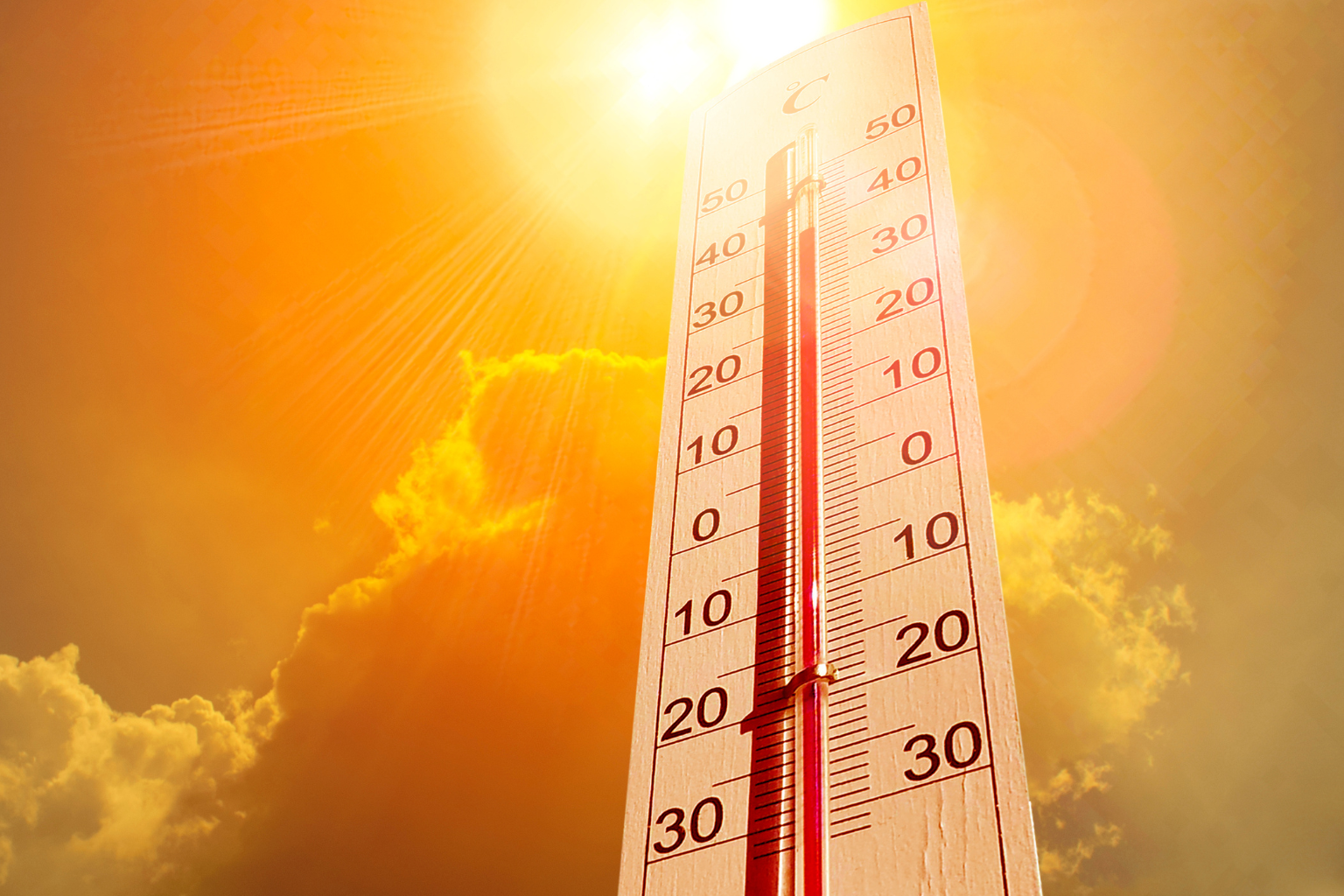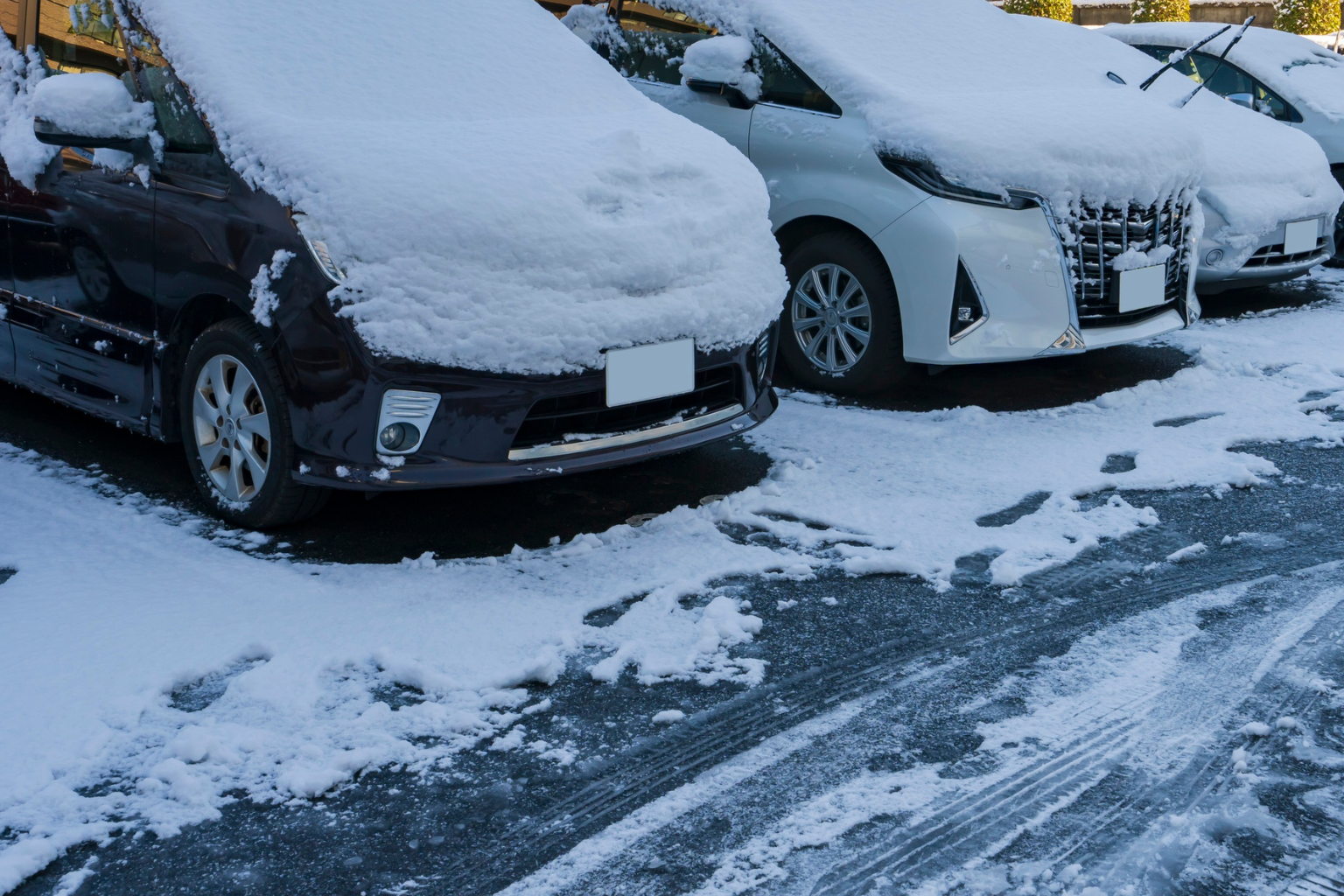Why New Jersey Cooling Centers Could Be the Lifesavers We Didn’t Know We Needed

Deadly Heat Is Taking Over New Jersey – Why Emergency Cooling Centers May Be Our Last Line of Defense
As New Jersey sizzles through another punishing summer, a silent emergency is building — and it’s not just the rising temperatures. Behind closed doors, families are choosing between food, medicine, and staying cool. But what if the solution isn’t just air conditioning in every home? What if it’s something bigger — and more public?
Extreme heat is become a public health crisis, not a seasonal inconvenience. Hospitals around the state are seeing more patients with heat-related ailments like severe dehydration, heat stroke, and kidney problems from days without conditioning. Medications are failing due to power outages. People in older homes with no insulation are left with no defense against blistering indoor temperatures. And yet, we’re treating this like a private problem.
But the truth is, this crisis isn’t hitting everyone equally. Seniors, children, low-income families, and those with disabilities are suffering the most. Their homes become ovens during heatwaves, and with electricity bills soaring — up nearly 17% this year — they can’t afford to keep the AC running. In this climate, cooling off has turned from a basic need into an unreachable luxury.
That’s where cooling centers — also called resilience hubs — come in. These aren’t just places with fans and water. They can be lifelines. Public spaces equipped with power backup, medical supplies, and cooling systems are already working wonders in other states. They don’t just save lives during a crisis; they build stronger, more connected communities for the long haul.
Still, many wonder — is it really the government’s job to provide cool air? The short answer: absolutely. When every household blasts inefficient ACs at once, it strains the state’s already fragile power grid. Blackouts follow, putting entire neighborhoods at risk. By centralizing resources into community cooling hubs, New Jersey could reduce energy use, lower medical costs, and offer safety to thousands — all in one move.
Yet despite clear warnings and last year’s brutal heatwaves, New Jersey’s investment in cooling centers remains alarmingly low. Some local governments have stepped up, but without broader action, it won’t be enough. Experts agree: failing to prepare now will cost us lives later.
And don’t be fooled—this isn’t a one-summer issue. With climate change fueling stronger heatwaves, longer droughts, and more frequent power outages, these resilience hubs may soon be as essential as fire stations and hospitals.
This isn’t just about comfort. It’s about justice. It’s about dignity. It’s about asking ourselves what kind of state we want to live in — one that leaves its most vulnerable to suffer in silence, or one that takes bold action to protect them?
The time to build is now — before the next wave hits and leaves New Jersey sweating, once again, with regret.
Source: National Weather Service & NOAA Climate Prediction Center, 2025.



